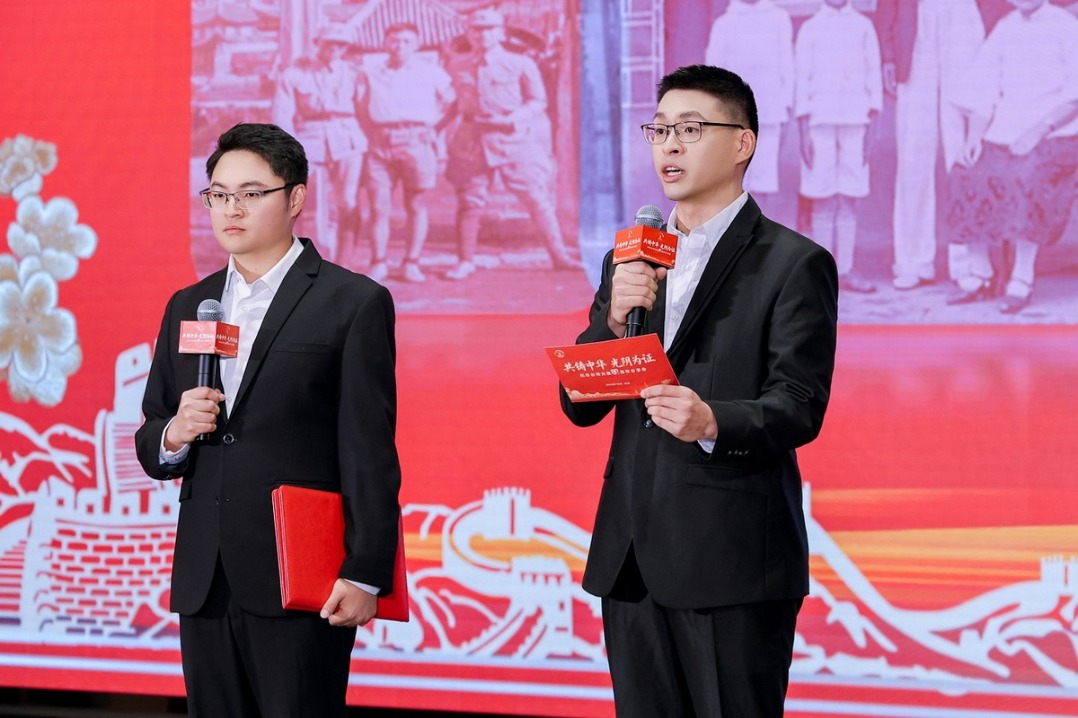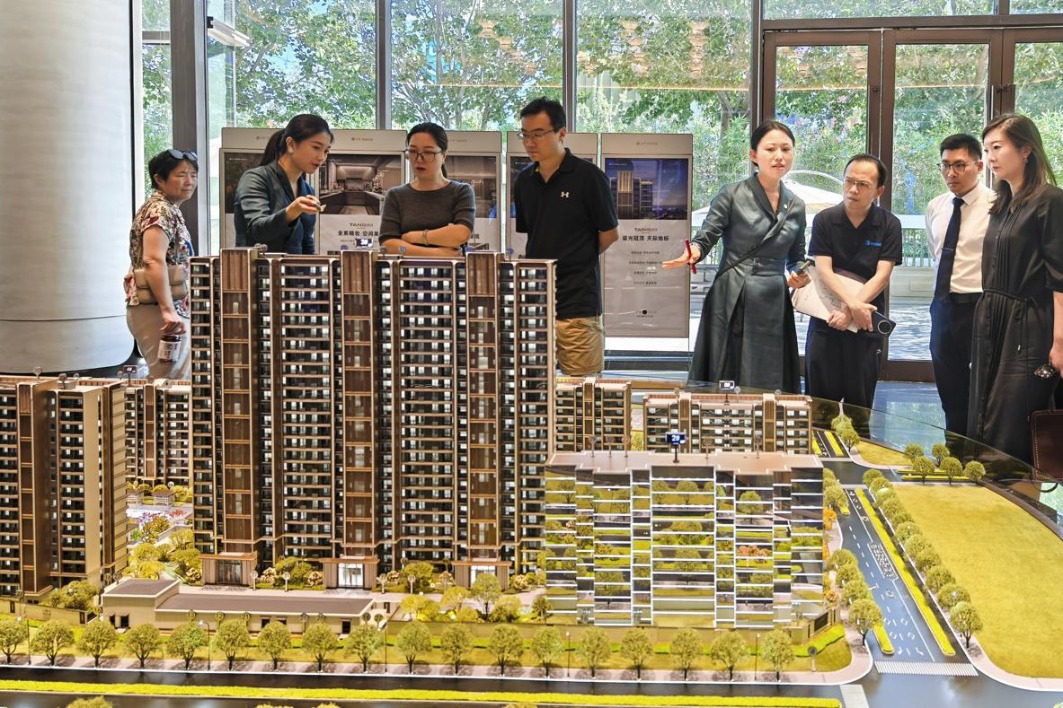Session to set the stage for next phase of country's high-quality development: China Daily editorial

The ongoing fourth plenary session of the 20th Central Committee of the Communist Party of China in Beijing marks a key moment in the nation's journey toward comprehensive modernization. As China concludes its 14th Five-Year Plan and prepares to draft its 15th, this session will shape the long-term trajectory of high-quality development — the core strategy guiding China's economic and social progress in the new era.
The 14th Five-Year Plan period (2021-25) marked a fundamental shift in the nation's approach — from seeking growth to seeking better growth. It prioritized innovation, efficiency, sustainability and inclusiveness.
Over the past five years, China has made remarkable progress in transitioning its development from quantity to quality despite the increasingly complex external environment.
The plan's promotion of high-quality development, introduced as socialism with Chinese characteristics entered a new era, has led to breakthroughs in scientific and technological innovation, industrial upgrading, green development and social welfare. These have laid a robust groundwork for the next phase of growth.
As Xinhua reports, from 2021 to 2024, China maintained an average annual growth rate of 5.5 percent. The estimated increment of the Chinese economy during the 14th Five-Year Plan period is set to surpass 35 trillion yuan ($4.93 trillion), which is comparable to the annual GDP of a major Western economy, and its per capita GDP was $13,445, placing China among the top tier of upper-middle-income countries.
The 15th Five-Year Plan period (2026-30) marks a crucial phase for the country to consolidate this foundation, inject strong impetus into high-quality development, and make all-out efforts to accomplish its 2035 target for advancing Chinese modernization.
During this period, backed by comprehensive top-level planning, stronger institutional support and targeted policy measures, the country will seek to seize the opportunities presented by the new wave of technology and the rise of the digital and green economies.
Strategic emerging industries, including artificial intelligence, new energy, biotechnology, and advanced manufacturing, have flourished under the 14th Five-Year Plan, and the contribution of innovation to economic growth has increased significantly, reinforcing the resilience and reliability of China's industry and supply chains.
It is therefore imperative that the development of new quality productive forces be elevated to a more prominent strategic position.
At the same time, the green transition has gained remarkable momentum. As a global leader in renewable energy installation and investment, China's commitment to its “dual carbon” goals — peaking carbon emissions before 2030 and achieving carbon neutrality before 2060 — is reshaping its energy landscape and accelerating the shift to sustainable growth.
A major focus of the new five-year plan is expected to be how to spur scientific and technological innovation and achieve breakthroughs in core technologies in critical areas, upgrade traditional industries, nurture emerging sectors and lay the groundwork for future industries amid the complex and uncertain international environment and the domestic need to address regional disparities and boost household consumption, which call for deeper reforms and coordinated policy measures.
This will involve enhancing mechanisms and systems that promote high-quality economic development and the growth of new quality productive forces, focusing on high-technology, high-efficiency and high-value production.
By outlining clear development guidelines, the country can ensure the effective implementation of national strategies aimed at improving the socialist rule of law, optimizing the business environment and strengthening intellectual property protection.
In this context, the session will play a vital role by setting the stage for a stable, transparent and predictable institutional environment. From sci-tech self-reliance and green development to common prosperity, a clean, efficient, and service-oriented governance system is the guarantee for a more innovative, eco-friendly and equitable China.
Clear guidelines are also necessary to facilitate green transition, which while irreversible, also entails transition costs. Balancing emissions reduction with energy security and industrial upgrading will require precise policy coordination and innovation-driven solutions.
While high-quality development is China's domestic orientation, it is also a contribution to global economy. Not only will it create development dividends and fresh opportunities as the nation embarks on the next leg of its modernization journey, but its requirement for openness and cooperation should instill confidence in a world in need of both.
































